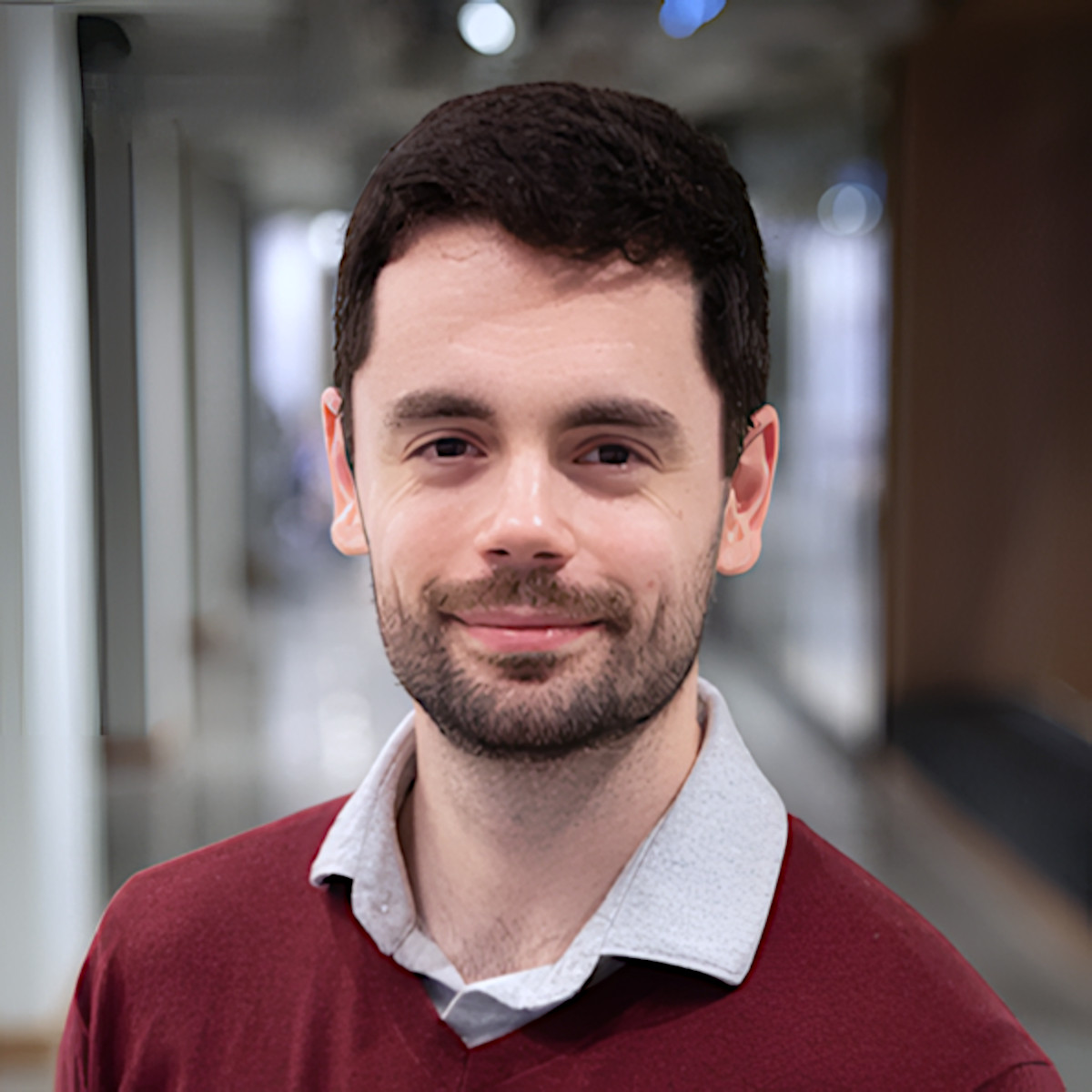
Silviu Pitis
Vector Institute
University of Michigan
I am an incoming Assistant Professor in Computer Science and Engineering at the University of Michigan and a CIFAR AI Safety Postdoctoral Fellow at the Vector Institute. My research focuses on the design and specification of goals, rewards and abstractions for intelligent agents, including reinforcement learning and language model agents.
I’ll be recruiting PhD students for Fall 2026. If you’re interested in working with me, please see the Work with me page.
Research
I’m most interested in the normative design of general purpose artificial agency: how should we design AIs that solve general tasks and contribute positively to society?
My most recent research statement (relatively current):
My PhD thesis was on Leveraging Structure to Represent Tasks in Sequential Decision Making.
See my papers below. If we share research interests or you have an idea you’d like to collaborate on, I’d be excited to talk to you!
Selected Papers
For a complete list, please see my Google Scholar.
Axiomatic Design
Consistent Aggregation of Objectives with Diverse Time Preferences Requires Non-Markovian Rewards
Silviu Pitis. NeurIPS 2023. (Arxiv)
From a set of intuitively appealing axioms, I show that Markovian aggregation of Markovian reward functions is not possible when the time preference for each objective may vary. It follows that optimal multi-objective agents must admit rewards that are non-Markovian with respect to the individual objectives. Our work offers new insights into sequential, multi-objective agency and intertemporal choice, and has practical implications for the design of AI systems deployed to serve multiple generations of principals with varying time preference.
Rethinking the Discount Factor in Reinforcement Learning: A Decision Theoretic Approach
Silviu Pitis. AAAI 2019. (Paper, Slides, Poster)
Can all “rational” preference structures be represented using the standard RL model (the MDP)? This paper presents a minimal axiomatic framework for rationality in sequential decision making and shows that the implied cardinal utility function is of a more general form than the discounted additive utility function of an MDP. In particular, the developed framework allows for a state-action dependent “discount” factor that is not constrained to be less than 1 (so long as there is eventual long run discounting).
Language Modeling
Improving context-aware preference modeling for language models
Silviu Pitis, Ziang Xiao, Nicolas Le Roux, Alessandro Sordoni. NeurIPS 2024. (Arxiv)
We propose context-specific preference datasets and conduct experiments to investigate the potential of context-specific preference modeling.
Report Cards: Qualitative Evaluation of Language Models Using Natural Language Summaries
Blair Yang, Fuyang Cui, Keiran Paster, Jimmy Ba, Pashootan Vaezipoor, Silviu Pitis, Michael R Zhang. (Arxiv)
We propose to use LMs to generate Report Cards, which are fine-grained qualitative evaluations of a model’s behaviors, including its strengths and weaknesses, with respect to specific topics or datasets.
Compositional Reasoning for Generalization
MoCoDA: Model-based Counterfactual Data Augmentation
Silviu Pitis, Elliot Creager, Ajay Mandlekar, Animesh Garg. NeurIPS 2022. (Arxiv, Website)
Can RL agents generalize to new tasks w/ unseen states? We extend our local causal model framework to model-based RL and show that this is possible, both theoretically and empirically. See the twitter thread for a summary.
Counterfactual Data Augmentation using Locally Factored Dynamics
Silviu Pitis, Elliot Creager, Animesh Garg. NeurIPS 2020. Object-Oriented Learning Workshop at ICML 2020 (Outstanding Paper). (Arxiv, Talk, Code, Poster, OOL Workshop)
We propose a local causal model (LCM) framework that captures the benefits of decomposition in settings where the global causal model is densely connected. We used our framework to design a local Counterfactual Data Augmentation (CoDA) algorithm that expands available training data with counterfactual samples by stitching together locally independent subsamples from the environment. Empirically, we showed that CoDA can more than double the sample efficiency and final performance of reinforcement learning agents in locally factored environments.
Leveraging Structure in Reinforcement Learning
Maximum Entropy Gain Exploration for Long Horizon Multi-goal Reinforcement Learning
Silviu Pitis*, Harris Chan*, Stephen Zhao, Bradly Stadie, Jimmy Ba. ICML 2020. Adaptive and Learning Agents Workshop at AAMAS 2020 (Best Paper). (Arxiv, Talk, Code)
What goals should a multi-goal reinforcement learning agent pursue during training in long-horizon tasks? Our MEGA and OMEGA agents set achievable goals in sparsely explored areas of the goal space to maximize the entropy of the historical achieved goal distribution. This lets them learn to navigate mazes and manipulate blocks with a fraction of the samples used by prior approaches.
An Inductive Bias for Distances: Neural Nets that Respect the Triangle Inequality
Silviu Pitis*, Harris Chan*, Kiarash Jamali, Jimmy Ba. ICLR 2020. (Arxiv, OpenReview, Talk, Code)
We propose novel neural network architectures, guaranteed to satisfy the triangle inequality, for purposes of (asymmetric) metric learning and modeling graph distances.
Teaching
I was course instructor for the first virtual iteration of Introduction to Machine Learning (CSC 311) at the University of Toronto in Fall 2020, together with Roger Grosse, Chris Maddison, and Juhan Bae.
Connect
When I have time, I enjoy connecting over video (or coffee if you’re in Toronto). I’m interested in discussing ideas related to:
- axiomatic alignment (normative social choice)
- AI safety & governance
- applications & capabilities (RL x LLMs)
You can reach me at: